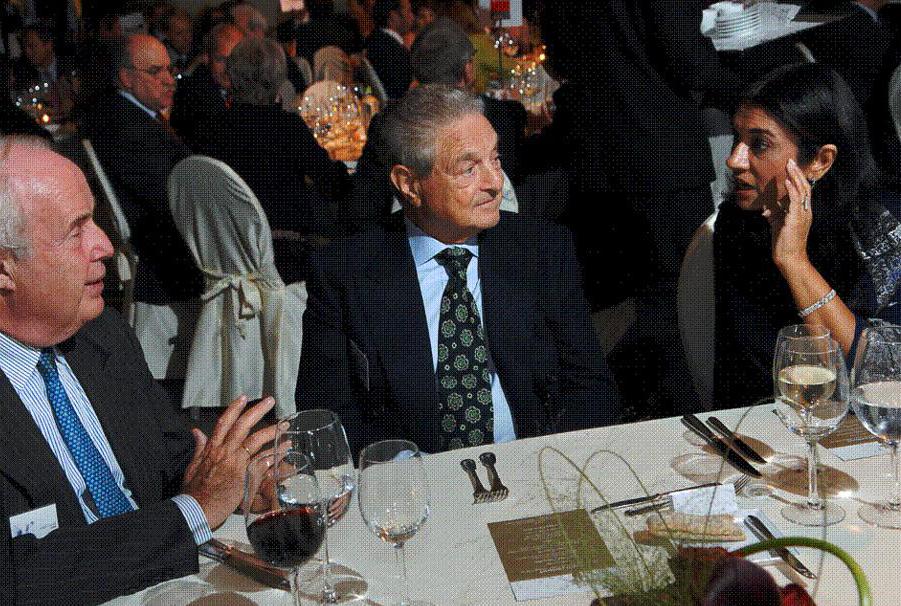At WiseGEEK, we're committed to delivering accurate, trustworthy information. Our expert-authored content is rigorously fact-checked and sourced from credible authorities. Discover how we uphold the highest standards in providing you with reliable knowledge.
What is an International Political Economy?
An international political economy (IPE) is a subdiscipline in the field of political science that examines international issues and problems. This discipline began in the 1970s in response to the 1973 world oil crisis. Higher education institutions began offering courses focused on historical bases of sociology, economics, and political science. The eventual breakdown of the Bretton Woods system, a method of global monetary management, convinced many academics to teach and study the economic foundations of the world’s political structure. International political economy is considered by many scholars to be one approach that focuses on the study and understanding of international and global problems through economic and political analysis.
The various aspects of the international political economy school of thought evolved from the rise of the Organization of Petroleum Exporting Countries (OPEC) and the Arab oil embargo in 1973 and 1974. Since economic tools played an integral role in the foreign policy decisions made by participating countries, the oil embargo reinforced the idea that political economies existed within the greater body of global politics. Additionally, many political scholars began to recognize that there was an important connection between domestic politics and economics, as well as international politics and economics. These international economic issues created the need for a global financial system.

Each of the main Bretton Woods institutions, including the World Bank, the International Monetary Fund (IMF), and the General Agreement on Tariffs and Trade (GATT), sought counsel from the United States for leadership in forming an international political economic system. On August 15, 1971, US President Richard Nixon ended the gold link to the American dollar that had previously supported the Bretton Woods monetary system. President Nixon’s action led to the collapse of the fixed exchange rate system used previously to define the global monetary system.
Following this global economic and political shift, scholars sought out new ways to understand the decline of political and economic hegemony and the the relationship between the United States and the rest of the world. The new international political economy offered a complex analytical approach to the study of the events that bridged political and economic issues. The international political economy that emerged was viewed as an unusual new approach to the more traditional focus on international studies in law, politics, and diplomatic history.
AS FEATURED ON:
AS FEATURED ON:











Discussion Comments
@literally45-- This point frequently comes up as a disadvantage of the international political, economic system. But I'm not as pessimistic as you are. The interesting part about the global economy is that it's unpredictable. If you feel that developed countries, or the "North," so to speak, dominate the system, that's because the North developed faster than the South. But the South, or developing countries, are soon catching up.
Countries like China and Brazil are the next economic powers and the changes in the world economy will surely impact politics as well. Just as North countries have regional political and economic alliances, so does the South. Asian countries have an economic alliance and there are partnerships among countries in Asia, Africa and South America.
I'm taking a course on international political economy right now. I'm enjoying the course. We talk about how the global economy is politicized and how everything is interdependent and interconnected.
I think that economics are used for hegemony. For example, the IMF is an economic institution that lends money to governments in need to pull them out of economic crises. It sounds like a great idea, but the money is not no-strings-attached. In return for IMF loans, governments have to put in place certain economic and political policies. And of course, they have to pay the money back sometime. So international organizations like these use money to change regimes.
Most of the developed world, if not all, has loans with the IMF. Some of the countries are in a very difficult situation. Unfortunately, the money given by IMF and the policies imposed don't always lead to development. In fact, it leads to dependency, corruption and at the end of the day, nothing changes. Those countries are still in poverty and conflict.
Post your comments